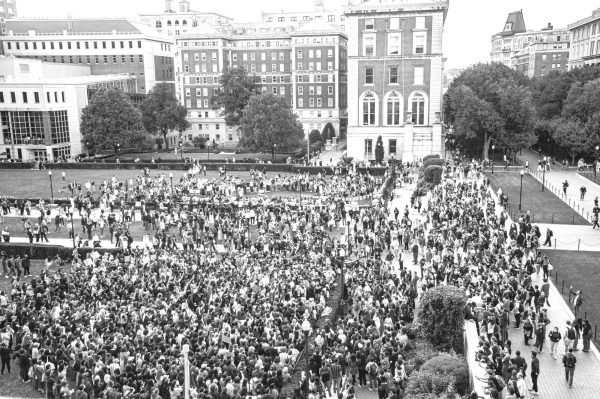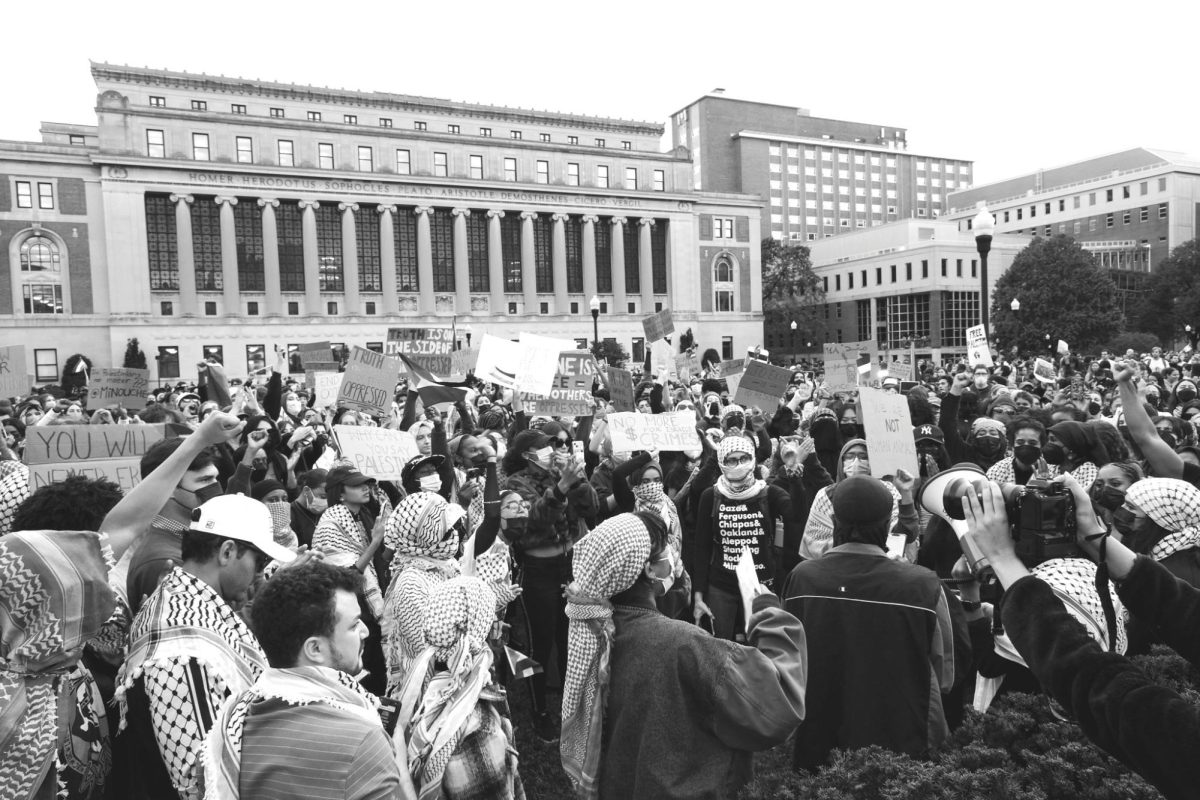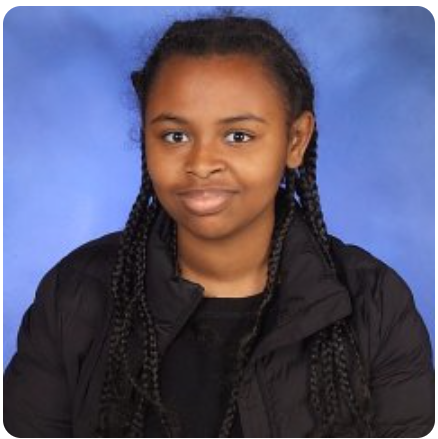Amidst the ongoing war in the Middle East and social media’s coverage of the conflict, a whole new generation is being made conscious of the historical conflict between Palestine and Israel. Protests calling for a ceasefire and an end to foreign funding of Israel’s military have been erupting all over the world, especially in communities with many young people, making universities a hotbed for political action. Students’ calls for action have manifested differently. Demonstrations range from peaceful protests focused solely on political change to vigils where communities come together to mourn civilian casualties. Although unrepresentative of entire movements, in the past few months, many protests have turned anti-semitic, Islamophobic, or anti-Arab.
Two months since the war began on October 7, pro-Palestinian student activism in the United States has been facing intense backlash, including Florida Governor Ron DeSantis’s ordered ban on all Students for Justice in Palestine (SJP) chapters at the state’s public universities.
This proposed ban has faced immediate legal action from the ACLU due to its violation of precedents set by Supreme Court cases such as “Tinker v. Des Moines,” which cemented public school students’ First Amendment rights. However, private universities (with notable histories as proponents of social justice) have also begun shutting down student groups, with both George Washington University and Brandeis University banning their SJP chapters and Columbia University suspending its SJP and Jewish Voice for Peace (JVP) chapters.
Unlike the ACLU case with Florida’s university system, student speech at Columbia, George Washington, Brandeis, and all private academic institutions can exist only under certain parameters. As the ACLU says, “If you’re a public school student, you don’t check your constitutional rights at the schoolhouse doors.” If you’re a private school student, you might. All of this begs the question: What place is there for student activism at private schools if it is not protected?
According to a student at Columbia University that we interviewed, who, despite not being an official member, participated in SJP events such as “letter-writing, protesting, [and] sit-ins,” the semester-long ban is a clear “suppression of free speech on campus,” particularly the free speech of minority groups. Columbia, although not the first university to suspend pro-Palestinian activist groups, was the first to ban its JVP chapter, a group that represents Jewish opponents of Zionism. Despite a significant history of political advocacy on campus, from protests against Columbia’s involvement in South African apartheid and its expansion from Morningside Heights into historically Black Harlem, the ban doesn’t come as a surprise. To the student interviewed, it reiterates “that marginalized groups do not have access to the same rights in this country … especially when those groups oppose the interests of those in power.” Although they conceded that “student groups should not expect the school to warmly embrace their activism, especially since students are protesting against the institution,” they emphasized that Columbia is still obliged to “allow students to protest, to organize, and express their First Amendment rights.” Instead, they believe that the school “leans into the fact that it is a private university” to adhere to standards lower than those of public universities.
And it’s not just at universities. Within Seattle, there are differences in how public and private schools treat student activism. With the Seattle Public Schools’ creation of a “Civic Engagement Excused Absence Form,” for example, there is no punishment for leaving a public school to attend a walkout, vigil, or protest. The form allows for many more students to participate in advocating for the things they believe in without worrying about an unexcused absence.
At Lakeside, however, a protest is not considered an excused absence. Leaving school for a walkout will bar a student from participating in any after-school activities for that day, such as tryouts, practices, and games for sports teams or rehearsals and performances for performing arts programs. In other words, Lakeside’s unexcused absence policy treats a student who misses school to take a principled stand in the same way as a student who leaves school early for fun.

As citizens, we still maintain our First Amendment rights. As students, private schools have different parameters for the extent to which students’ freedom of speech can exist, which complicates our understanding of the First Amendment and how it applies to a private school setting. The most important thing to understand is that student activism is never granted explicit protection because a private institution can always reserve its rights to limit it if need be. From Columbia to Lakeside, this remains true.
Tatler Poll respondents recognize that students attending private institutions such as Lakeside are not granted explicit protection when it comes to First Amendment rights — those protections are granted only to public schools, which rely on government funding. So what place is there at private schools for student activism? And what should activism by private school students look like? Based on the high school and college experiences of the Columbia student interviewed, activism “is integral” to academic institutions. Once big on “lobbying and calling my senators,” and now focused on “protesting and demonstrating,” their views on our political system and its efficacy, as well as their idea of the most effective versions of activism, have shifted.
Lakeside students think a little differently. In varying responses, Tatler Poll respondents pointed towards an acceptable version of activism they hoped to see on campus: not “hostile, but rather educational, progressive, and inviting,” and aligned with the values of Lakeside. Respondents had few overlapping ideas, but one recurring conclusion was that activism, especially by students, seems to be more critical than ever. The consensus seems to be that, as private school students, we may not be able to say exactly what we want, but that will never mean we should say nothing at all.
The future of students’ demonstrations remains unclear, though Columbia’s suspension of SJP and JVP will terminate at the semester’s end. However, the precedent set may mean other private universities will follow suit in banning student groups whose values don’t align with their institutions. For private high schools like Lakeside, this precedent may begin to inform how far student activism can and will go, defining boundaries between effective political action and education. Regardless, our generation’s penchant for advocacy appears to be here to stay, whatever shape or form it may take.


